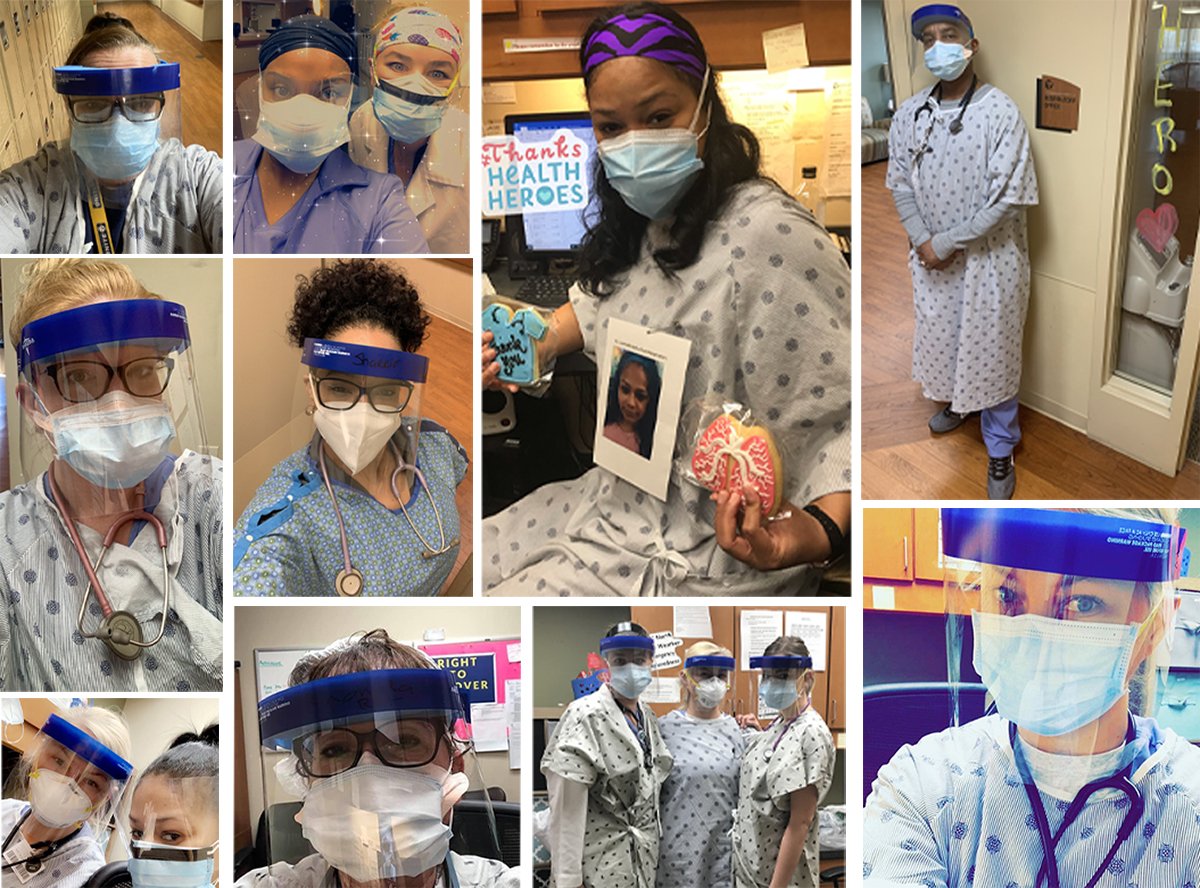Hats Off to Respiratory Therapists! Unsung Heroes of COVID-19
Respiratory Therapists have been described as the unsung heroes of Covid-19. The global pandemic has brought these therapists into the clinical spotlight for many, but the critical role they play in patient care has long been a standard at Special Tree.
The importance of these uniquely trained clinicians, who evaluate and manage the respiratory needs of patients who have impaired lung function, has been amplified as COVID-19 began to spread, and impacted many of its victim’s ability to breathe independently. Across the nation, Respiratory Therapists showed their longstanding skill through tasks such as operating and maintaining equipment to administer oxygen or assisting with breathing (often through a "vent" or "ventilator"), managing therapy to help recover lung function, administering medications to help alleviate breathing problems and prevent further respiratory infections, monitoring a patient levels of oxygen, carbon dioxide, and other gases, and maintaining a patient’s artificial airway, commonly called a "trach" or "tracheotomy."
At Special Tree’s NeuroCare Center, today and always, our respiratory therapists work to provide 24/7 care to our patients with many levels of respiratory support needs in the Subacute Rehabilitation Program and in our long-term residences. For many patients that means our therapists work closely with an interdisciplinary team to successfully wean them off a ventilator to restore independent breathing. Not only do they treat the 'clinical' needs of our patients, but our respiratory therapists participate in their overall rehabilitation goals through Special Tree’s interdisciplinary approach.
“Our team works aggressively to help clients regain their freedom by reducing or eliminating their dependence on mechanical ventilation and artificial airways; weaning clients from ventilators and tracheotomies whenever possible” said Marietha Wilson, Special Tree’s Lead Respiratory Therapist. “It is our goal to help get each client get to a clinically stable status and to increase their quality of life.”
Our hats go off to these heroes, at home and across the globe!

